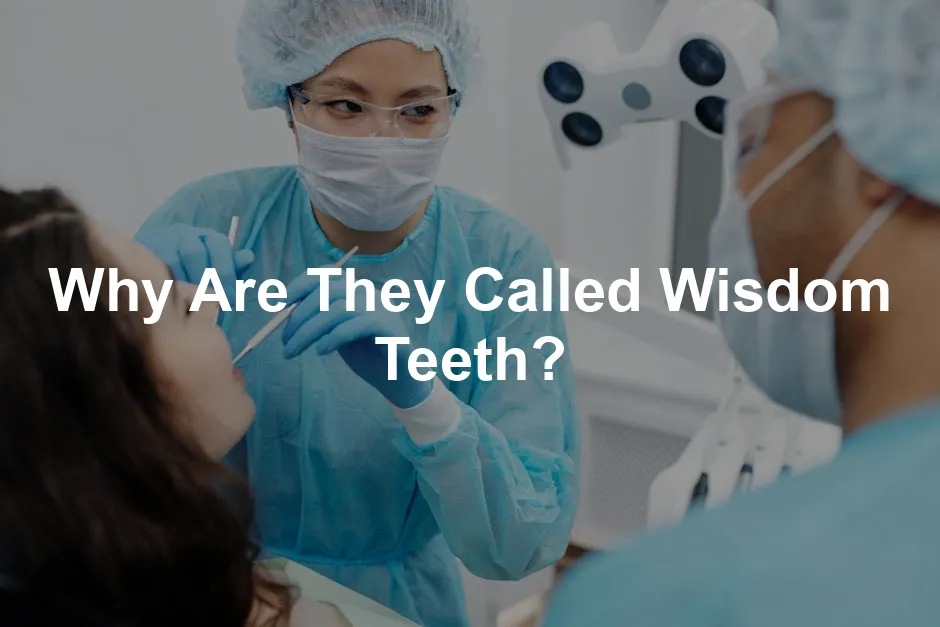
Why Are They Called Wisdom Teeth?
Why Are They Called Wisdom Teeth?
Wisdom teeth, often linked to dental troubles, spark curiosity. Why are they named “wisdom teeth”? The term carries a significance that relates to age and maturity. Let’s take a closer look at the origins and meaning behind this intriguing name.
If you’re looking to dive deeper into the fascinating world of dental health, check out The Complete Guide to Dental Health. It’s a must-read for anyone wanting to keep their pearly whites in tip-top shape!
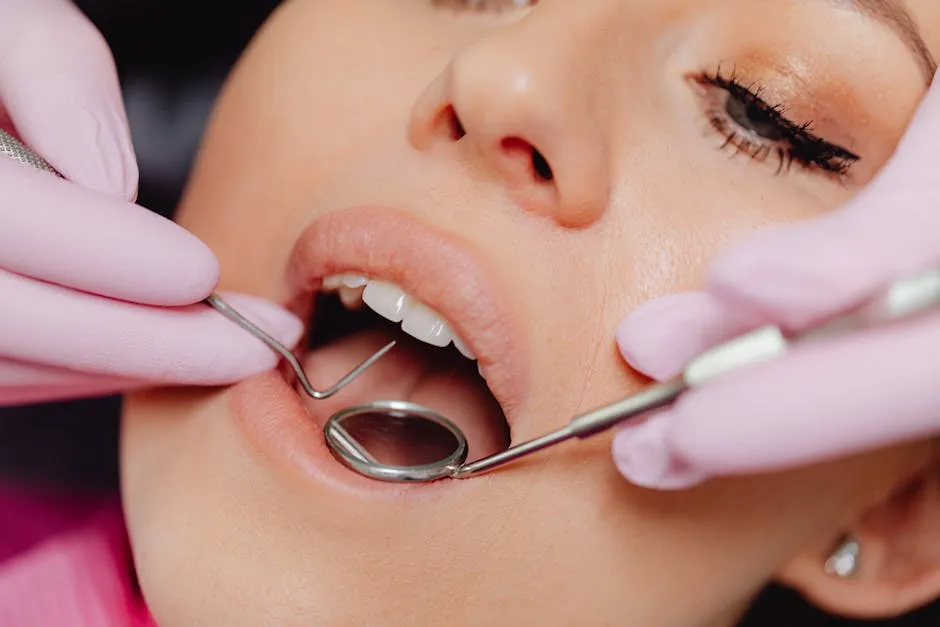
Historical Perspectives on Wisdom Teeth
Throughout history, cultures have interpreted wisdom teeth in various ways. In ancient Greece, philosophers like Aristotle recognized these molars as significant because they typically emerge in late adolescence. This was a time when young adults were perceived as gaining maturity and wisdom. The Greek term odontias sophias, or “teeth of wisdom,” reflects this belief.
In traditional Chinese medicine, wisdom teeth symbolized a transition into adulthood. They marked a phase where individuals were seen as more responsible and wise. Similarly, Native American cultures viewed the emergence of wisdom teeth as a sign of personal growth and spiritual development.
Medical texts from the past, such as those by Hippocrates, also discussed wisdom teeth. They referred to them as sophronisteres, which means “prudent teeth.” This naming further emphasizes how these molars were associated with age and maturity.
Interestingly, some cultures integrate wisdom teeth into rites of passage. The timing of their emergence aligns with significant life events, reinforcing the connection between dental health and personal growth.

Wondering how to better care for those wisdom teeth? Consider using an Oral-B Pro 1000 Electric Toothbrush. It’s like giving your teeth a spa day every day!
Evolutionary Significance of Wisdom Teeth
Wisdom teeth were once essential for our ancestors, who had different diets. Early humans relied on raw plants, tough roots, and uncooked meat. This diet required more chewing power, which is why they needed extra molars. Wisdom teeth acted as backups for worn-down second molars.
Anatomically, early humans had larger jaws than we do today. This provided ample space for wisdom teeth to emerge properly. As humans evolved, our diets shifted to softer foods, reducing the need for these extra molars. Cooking and food preparation lessened the wear on teeth, making wisdom teeth less crucial.

Today, many people experience complications with their wisdom teeth due to smaller jaw sizes. The lack of space often leads to issues like impaction and misalignment. As a result, the necessity of wisdom teeth has significantly declined.
If you find yourself in need of some extra dental care tools, a Waterpik Aquarius Water Flosser can be your best friend. It’s like a power washer for your mouth, ensuring every last bit of debris is gone!
Wondering about your wisdom teeth status? Consult with your dentist to assess whether they pose any risks.

Common Problems Associated with Wisdom Teeth
Wisdom teeth can lead to various dental issues. The most common problem is impaction. This occurs when there’s not enough space in the jaw for the teeth to emerge properly. Impacted wisdom teeth can cause pain and swelling. They might also lead to infections if food particles and bacteria get trapped under the gums.
Crowding is another issue. When wisdom teeth try to come in, they can push adjacent teeth out of alignment. This can disrupt your bite and lead to further dental complications. Many people experience discomfort during this process, making it hard to eat or speak.
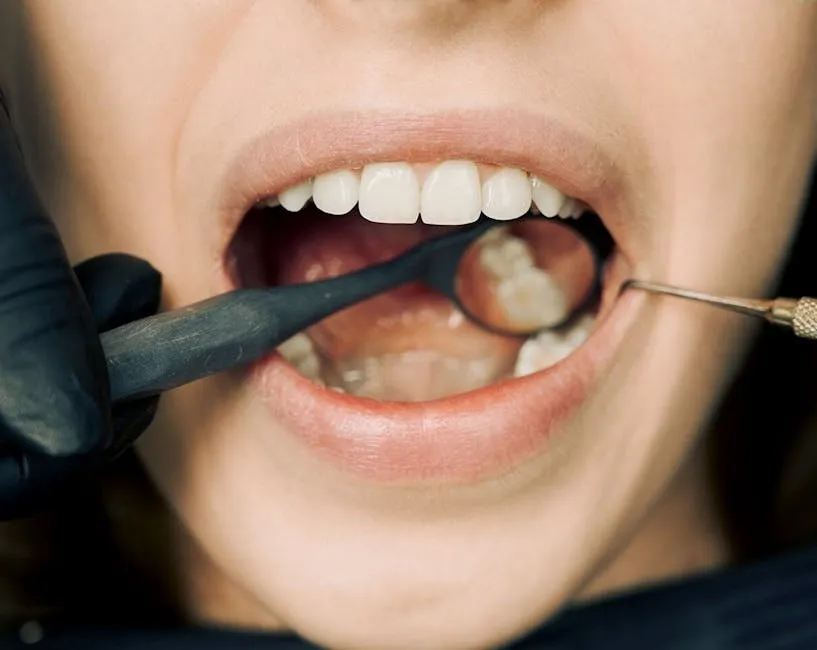
Due to these complications, many dentists recommend wisdom teeth removal. Statistics show that around 10 million wisdom teeth are extracted each year in the United States. This common dental surgery aims to prevent pain and protect your overall oral health.
Complications can arise from extraction too. Some patients may experience dry socket, where the blood clot fails to form properly after surgery. Others might face prolonged swelling or infection. It’s essential to follow your dentist’s post-operative care instructions to minimize these risks.
If you have concerns about your wisdom teeth or are experiencing pain, don’t hesitate to book a dental check-up. Regular evaluations can help identify potential issues before they become significant problems.

Is Extraction Always Necessary?
Not all wisdom teeth need to be removed. Your dentist will recommend extraction if they pose a risk to your oral health. If your wisdom teeth are fully erupted, healthy, and properly aligned, they might not require removal.
Misconceptions exist about routine extraction. Many believe that all wisdom teeth must be removed as a precaution. However, each case is unique. A professional dental evaluation is crucial to determine what’s best for you.

Your dentist will assess the position of your wisdom teeth through X-rays and physical exams. They will consider factors like jaw size and the presence of any dental issues. If your wisdom teeth are causing crowding or other problems, extraction may be necessary.
Meanwhile, if you want to keep your smile dazzling, consider the Crest 3D Whitestrips Professional Effects Teeth Whitening Kit. Because who doesn’t love a bright, confident smile?
Ultimately, professional guidance is key. If you’re unsure about your wisdom teeth, schedule a consultation with your dentist. They can provide personalized advice based on your individual dental health.

Modern Practices and Wisdom Teeth
In today’s dental care, monitoring wisdom teeth is crucial. Regular check-ups help track their development and potential issues. Dentists often use advanced dental imaging techniques, like digital X-rays and 3D scans, to assess the position of these molars. This technology allows for more precise evaluations and treatment planning.
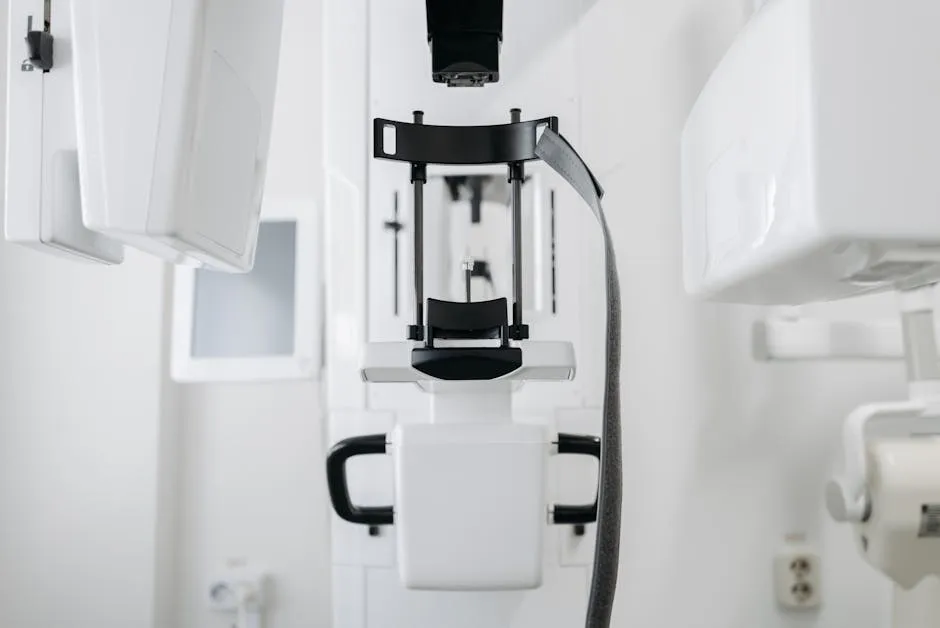
When wisdom teeth are impacted, they can cause significant pain and discomfort. Modern dentistry offers various treatment options, including minimally invasive surgical techniques. These advancements reduce recovery times and improve patient comfort. Oral surgeons can now perform extractions with greater accuracy, making the process smoother for patients.
Orthodontics plays a vital role in managing wisdom teeth. If you’re undergoing braces treatment, your orthodontist may recommend removing wisdom teeth to prevent crowding and misalignment. Keeping an eye on these molars during orthodontic care is essential for maintaining your smile.
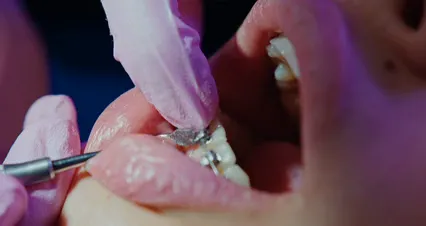
If you’re looking for a way to keep your mouth fresh post-extraction, try Listerine Ultraclean Antiseptic Mouthwash. It’s like a mini-vacation for your mouth!
Don’t forget the importance of regular dental visits! These appointments help ensure that your wisdom teeth are monitored closely, which can prevent complications down the road. Your dentist can provide personalized advice based on your unique dental situation.

Conclusion
Understanding wisdom teeth is essential for maintaining your dental health. They emerge during a critical period of life, often leading to various complications. Awareness of these issues allows you to take proactive measures, ensuring that your mouth remains healthy and pain-free.
Regular dental check-ups are key to staying informed about your wisdom teeth. Don’t hesitate to consult your dentist if you have any concerns. Taking charge of your dental care is the best way to promote a bright smile!
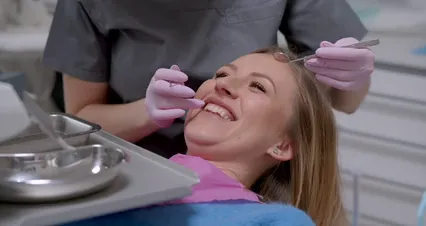
FAQs
What are wisdom teeth?
Wisdom teeth are the third set of molars. They usually appear between ages 17 and 25. These teeth were once useful for our ancestors, who needed extra chewing power for tough diets. Nowadays, they often lead to complications like crowding or infection. Many people find that their wisdom teeth don’t emerge properly, causing pain. Regular dental check-ups can help monitor their development and manage potential issues.
Why are they called wisdom teeth?
The name ‘wisdom teeth’ stems from the age at which they typically emerge. This period, between 17 and 25, is often associated with increased maturity and wisdom. In ancient Greek, they were called odontias sophias, meaning ‘teeth of wisdom.’ Similarly, in Spanish, they are known as las muelas del juicio, or ‘teeth of judgment.’ This cultural context highlights the connection between age and wisdom.
Do all people have wisdom teeth?
Not everyone develops wisdom teeth. It varies significantly among individuals. Some may have one, two, three, or none at all. Genetic factors largely determine this. Studies suggest that fewer people are developing wisdom teeth over time, possibly indicating an evolutionary shift. Consequently, some individuals may never need to worry about wisdom tooth removal.
What problems can wisdom teeth cause?
Wisdom teeth can lead to several dental issues. Impaction is common, where teeth can’t fully erupt due to lack of space. This can result in pain and swelling. They may also cause crowding, pushing adjacent teeth out of alignment. Additionally, wisdom teeth are hard to clean, increasing the risk of cavities and gum disease. Regular dental check-ups can help prevent or address these complications.
When should wisdom teeth be removed?
Wisdom teeth should be removed if they cause pain, crowding, or other dental issues. Dentists often monitor their development with X-rays. If teeth are impacted or at risk of causing complications, removal is usually advised. Early extraction can prevent more severe problems later. Always consult your dentist for personalized advice about your wisdom teeth.
Can I keep my wisdom teeth if they are healthy?
If your wisdom teeth are healthy, fully erupted, and aligned, you might be able to keep them. However, dentists usually recommend monitoring them closely. Even healthy wisdom teeth can become problematic over time due to changes in your mouth. Regular dental visits are essential to assess their condition and decide whether removal is necessary.
What can I expect during wisdom teeth removal?
During wisdom teeth removal, you can expect administration of anesthesia for comfort. The oral surgeon will access the teeth and remove them, which might involve cutting gum tissue if they are impacted. Recovery usually involves some swelling and discomfort, manageable with ice packs and pain medication. Following post-operative care instructions is crucial for a quick recovery. Always discuss any concerns with your dentist beforehand.
If you’re also interested in natural remedies for dental health, check out Natural Remedies for Toothache. Because who wouldn’t want to go the holistic route for a healthier mouth?
Please let us know what you think about our content by leaving a comment down below!
Thank you for reading till here 🙂

Understanding the complications surrounding wisdom teeth is essential for maintaining oral health. For more information, you can read about why we have wisdom teeth if they often cause problems.
All images from Pexels




